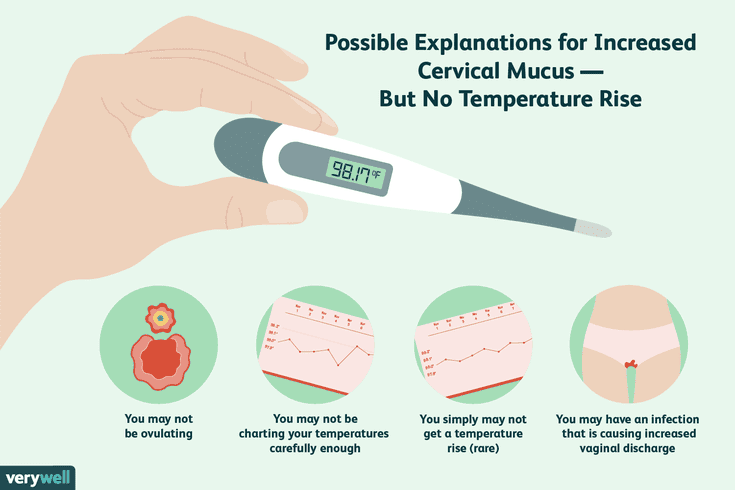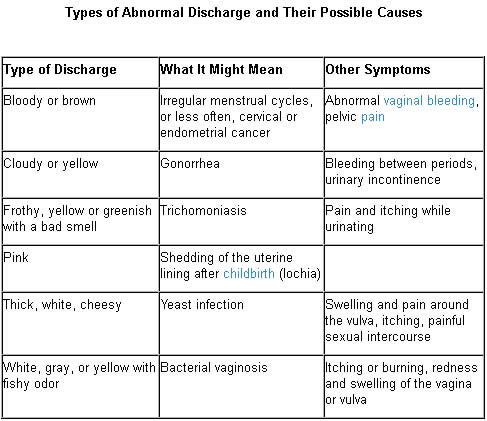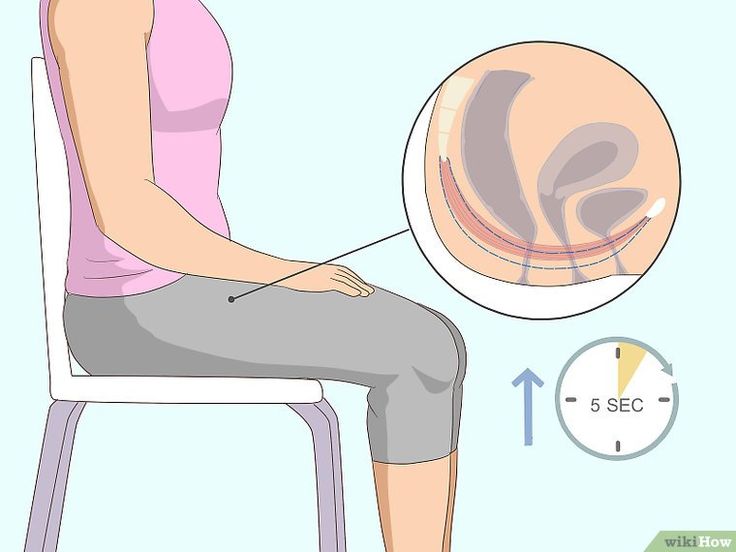Is abnormal discharge a sign of pregnancy
What early pregnancy discharge looks like and how to recognize it
Vaginal discharge can tell a person a lot about their health. An increase in vaginal discharge may even be a sign of pregnancy.
Anyone with a vagina can experience discharge from this part of the body.
Vaginal discharge is normal, and it can tell a person a lot about their body, including whether they have an infection, where they are in their menstrual cycle, and even their level of hydration.
A change in the amount of vaginal discharge can also sometimes indicate pregnancy.
In this article, we look at how to identify the vaginal discharge typical in early pregnancy. We also discuss other symptoms of early pregnancy, other factors that can affect discharge, and when to see a doctor.
Vaginal discharge is the normal substance that comes out of a person’s vagina. It is an umbrella term that encompasses any fluid — other than menstrual blood or urine — that the vagina secretes, both healthy and unhealthy.
Cervical mucus refers specifically to the substance that the cervix releases.
Hormones make a person’s cervix produce mucus. Shifts in a person’s hormone levels can occur during certain phases of the menstrual cycle or pregnancy. These can change the color, texture, and amount of discharge.
Healthy vaginal discharge is usually thin and clear or milky white with only a mild, inoffensive odor.
Unhealthy discharge can:
- be foul smelling
- be green or yellow
- be lumpy
- accompany itchiness around the vagina
- accompany pain during urination
A person should see a doctor if they experience unhealthy discharge because it can signal an infection.
Early in a pregnancy, a person might experience a slight increase in vaginal discharge. Pregnancy causes higher levels of estrogen, leading the body to produce more discharge and increase the blood flow to the uterus and vagina.
Increased discharge also helps protect the fetus by preventing external infections from traveling up from the vagina to the uterus.
As pregnancy continues, a person will continue to experience more discharge up until delivery.
What does it look like?
Healthy vaginal discharge during pregnancy is called leukorrhea. It is similar to everyday discharge, meaning that it is thin, clear or milky white, and smells only mildly or not at all.
However, pregnancy can cause the amount of discharge to increase.
Infections, including yeast infections or sexually transmitted infections (STIs), can affect vaginal discharge, so it is important to monitor discharge as a health indicator.
Below are a few examples of unhealthy discharge and the diseases or infections that they may indicate.
| Discharge | Cause |
| Thick and chunky, similar to cottage cheese | Candidiasis, or thrush, which is a yeast infection common during pregnancy |
| Fishy smelling | Bacterial vaginosis |
| Green or yellow and possibly frothy | Trichomoniasis |
| Increased discharge with pelvic pain or bleeding | Chlamydia or gonorrhea |
| Increased discharge from blisters or sores | Genital herpes |
Many signs — some subtle and some less so — can indicate pregnancy in the early stages.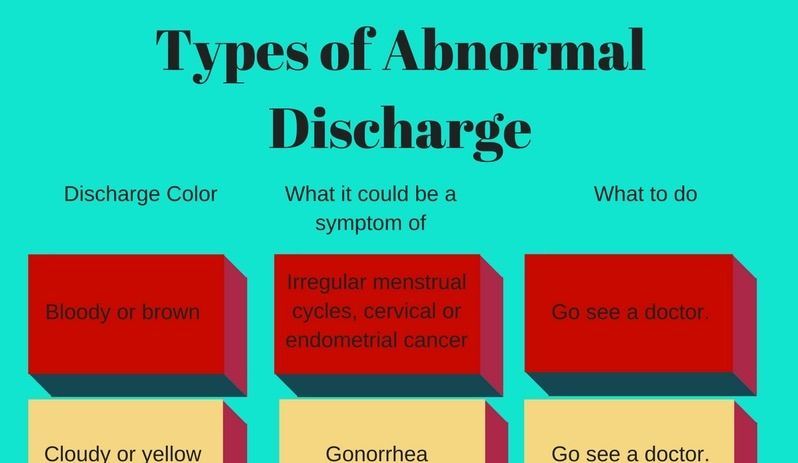
A person’s period halting is the clearest indicator that they may be pregnant. However, menstruation can vary due to many other factors, including stress, birth control, and weight loss.
Learn about other possible causes of missing a period.
These other signs and symptoms can help identify pregnancy:
- tender and swollen breasts
- morning sickness
- cravings or distaste for certain foods
- increase in fatigue
- increased urination
- headaches
- constipation
- heartburn
- mood swings
- unexplained weight gain or loss
If a person had sex without effective birth control or barrier methods and is experiencing these symptoms or thinks that they might be pregnant, they should consider getting a pregnancy test.
There are two ways to test for pregnancy: urine testing and blood testing.
A person can test their urine at home or seek a doctor’s help. They should be able to buy a home pregnancy test relatively cheaply from a local pharmacy.
To do the urine test, a person catches their urine midstream on the test stick, which will check for the presence of the hormone human chorionic gonadotropin (hCG) in the urine. This hormone is elevated during pregnancy.
A home pregnancy test will give a “yes” or “no” result, depending on the presence of hCG.
A urine test at a doctor’s office uses the same process, but instead of catching the pee on a testing stick midstream, a person will pee in a cup for a lab to analyze.
Home pregnancy tests are 97% accurate if a person uses them correctly.
Blood pregnancy tests are much more accurate and can tell a person more about their hCG level. This test will reveal to a person the exact amount of hCG in their blood. A blood test can also detect pregnancy earlier than a urine test.
However, a doctor must perform a blood pregnancy test.
A person should see a doctor if they are experiencing signs and symptoms of pregnancy. A person can take their own home pregnancy test, but it is still wise to follow up with a doctor, no matter the result.
Regardless of pregnancy concerns, if a person notices a change in their vaginal discharge, they should speak with a doctor, who can help diagnose the issue and prescribe any necessary treatment. Seeking advice is particularly important if changes in vaginal discharge accompany pain or itchiness.
A change in the amount of vaginal discharge can be a sign of early pregnancy.
However, other changes in the color or texture of vaginal discharge are more likely due to an infection, and a person should seek help from a healthcare provider to treat them.
Weird Early Pregnancy Symptoms: 10 Unexpected Ones
Weird Early Pregnancy Symptoms: 10 Unexpected Ones- Health Conditions
- Featured
- Breast Cancer
- IBD
- Migraine
- Multiple Sclerosis (MS)
- Rheumatoid Arthritis
- Type 2 Diabetes
- Articles
- Acid Reflux
- ADHD
- Allergies
- Alzheimer's & Dementia
- Bipolar Disorder
- Cancer
- Crohn's Disease
- Chronic Pain
- Cold & Flu
- COPD
- Depression
- Fibromyalgia
- Heart Disease
- High Cholesterol
- HIV
- Hypertension
- IPF
- Osteoarthritis
- Psoriasis
- Skin Disorders and Care
- STDs
- Featured
- Discover
- Wellness Topics
- Nutrition
- Fitness
- Skin Care
- Sexual Health
- Women's Health
- Mental Well-Being
- Sleep
- Product Reviews
- Vitamins & Supplements
- Sleep
- Mental Health
- Nutrition
- At-Home Testing
- CBD
- Men’s Health
- Original Series
- Fresh Food Fast
- Diagnosis Diaries
- You’re Not Alone
- Present Tense
- Video Series
- Youth in Focus
- Healthy Harvest
- No More Silence
- Future of Health
- Wellness Topics
- Plan
- Health Challenges
- Mindful Eating
- Sugar Savvy
- Move Your Body
- Gut Health
- Mood Foods
- Align Your Spine
- Find Care
- Primary Care
- Mental Health
- OB-GYN
- Dermatologists
- Neurologists
- Cardiologists
- Orthopedists
- Lifestyle Quizzes
- Weight Management
- Am I Depressed? A Quiz for Teens
- Are You a Workaholic?
- How Well Do You Sleep?
- Tools & Resources
- Health News
- Find a Diet
- Find Healthy Snacks
- Drugs A-Z
- Health A-Z
- Health Challenges
- Connect
- Breast Cancer
- Inflammatory Bowel Disease
- Psoriatic Arthritis
- Migraine
- Multiple Sclerosis
- Psoriasis
Medically reviewed by Debra Rose Wilson, Ph. D., MSN, R.N., IBCLC, AHN-BC, CHT — By Annamarya Scaccia on January 3, 2018
D., MSN, R.N., IBCLC, AHN-BC, CHT — By Annamarya Scaccia on January 3, 2018
Everyone knows the classic signs of pregnancy. You’ve missed your period. Your breasts are tender. And you’re tired all the time.
But pregnant women also experience a whole host of symptoms beyond these first signs. From mucus discharge to tasting metal to headaches, expect the unexpected.
Here’s a list of 10 weird early pregnancy symptoms no one tells you about.
While many women experience vaginal discharge, it’s not often associated with pregnancy. But most pregnant women will secrete sticky, white, or pale-yellow mucus early on in the first trimester and throughout their pregnancy.
Increased hormones and vaginal blood flow cause the discharge. It increases during pregnancy to prevent infections as your cervix and vaginal walls soften. Visit your doctor if the discharge starts to:
- smell
- burn
- itch
- turn greenish-yellow
- becomes very thick or watery
These may be signs of an infection.
Share on Pinterest
When you first wake up in the morning after ovulation, your body temperature is slightly elevated. It stays that way until you get your next period.
But if this temperature, known as basal body temperature, stays elevated for more than two weeks, you may be pregnant.
Share on Pinterest
It’s not uncommon for pregnant women to feel lightheaded or dizzy in the first trimester. Pregnancy causes blood pressure to drop and blood vessels to dilate.
But pay close attention to your symptoms. Severe dizziness coupled with vaginal bleeding and severe abdominal pain could be a sign of an ectopic pregnancy. In an ectopic pregnancy, the fertilized egg implants outside the uterus. Make sure to see a doctor right away to avoid life-threatening complications.
Share on Pinterest
You may feel bloated, like you want to pass gas or go number two. But it’s just not happening. That’s because pregnancy’s hormonal changes can lead to constipation, as can prenatal vitamins.
Your digestive system slows down during pregnancy. This gives nutrients just enough extra time to absorb into your bloodstream and reach your little one.
If you can’t go, add more fiber into your diet, drink plenty of fluids, and exercise regularly. If needed, you can also check with your doctor about adding a pregnancy-safe stool softener.
Share on Pinterest
About 25 to 40 percent of pregnant women will lightly bleed or notice spotting early on in their pregnancy. The slight bleeding can happen when the fertilized egg attaches to the uterine lining. This is known as implantation bleeding. It’s common about two weeks after conception.
Bleeding can also be caused by cervical irritation, an ectopic pregnancy, or a threatened miscarriage. Make sure to get medical help right away if your light bleeding gets heavier or is accompanied by severe cramps, back pain, or stabbing pains.
Share on Pinterest
Pregnancy lowers your immunity. This means you’re more prone to a cough, colds, and the flu. It’s not uncommon for pregnant women to experience cold- or flu-like symptoms early in pregnancy.
It’s not uncommon for pregnant women to experience cold- or flu-like symptoms early in pregnancy.
Talk to your doctor about pregnancy-safe treatment options. Pregnant women are more vulnerable to severe illnesses from the flu. This can lead to serious health problems for your baby.
Share on Pinterest
Hormones change everything during pregnancy. This includes the valve between your stomach and esophagus. This area becomes relaxed during pregnancy, which can cause stomach acid to leak into your esophagus, causing heartburn.
Fight back by eating smaller, more frequent meals. Also cut out fried grub. Try to avoid fizzy drinks, citrus fruits, juices, and spicy foods.
Share on Pinterest
Your hormones suddenly change when you become pregnant. This can throw your emotions out of whack. You’ll feel unusually weepy and emotional. Your libido goes from hot to cold then back to hot again. You might also experience mood swings. This is very common during early pregnancy.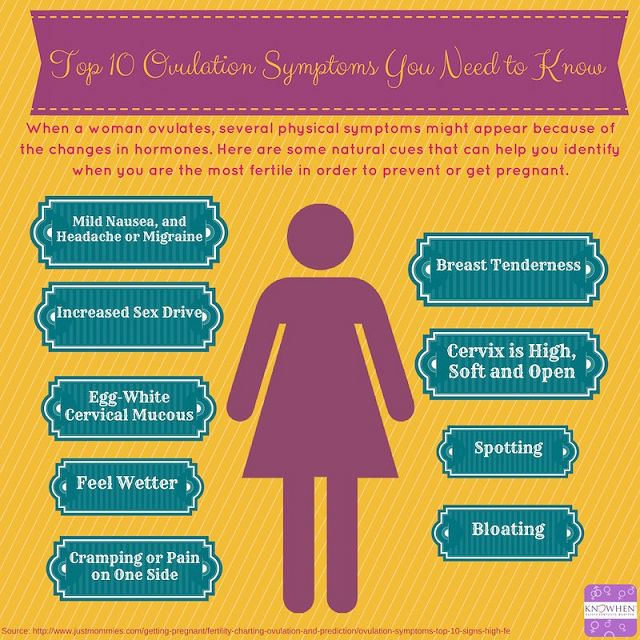
Share on Pinterest
Increases in estrogen and progesterone during pregnancy can lead to changes in taste for many pregnant women.
A condition called dysegusia has some pregnant women tasting metal. You’ll feel like you were chomping on some old pennies with your lunch. Get rid of the metallic flavor by munching on saltines and chewing sugarless gum. Also try drinking colder liquids or eating spicier foods.
Some of the symptoms listed above may make you think you’re just stressed and run down. But experienced together, they can point to pregnancy.
Pay attention to what your body is telling you. It might be time to see your doctor for a pregnancy test.
Last medically reviewed on January 4, 2018
- Parenthood
- Pregnancy
- Getting Pregnant
How we reviewed this article:
Healthline has strict sourcing guidelines and relies on peer-reviewed studies, academic research institutions, and medical associations.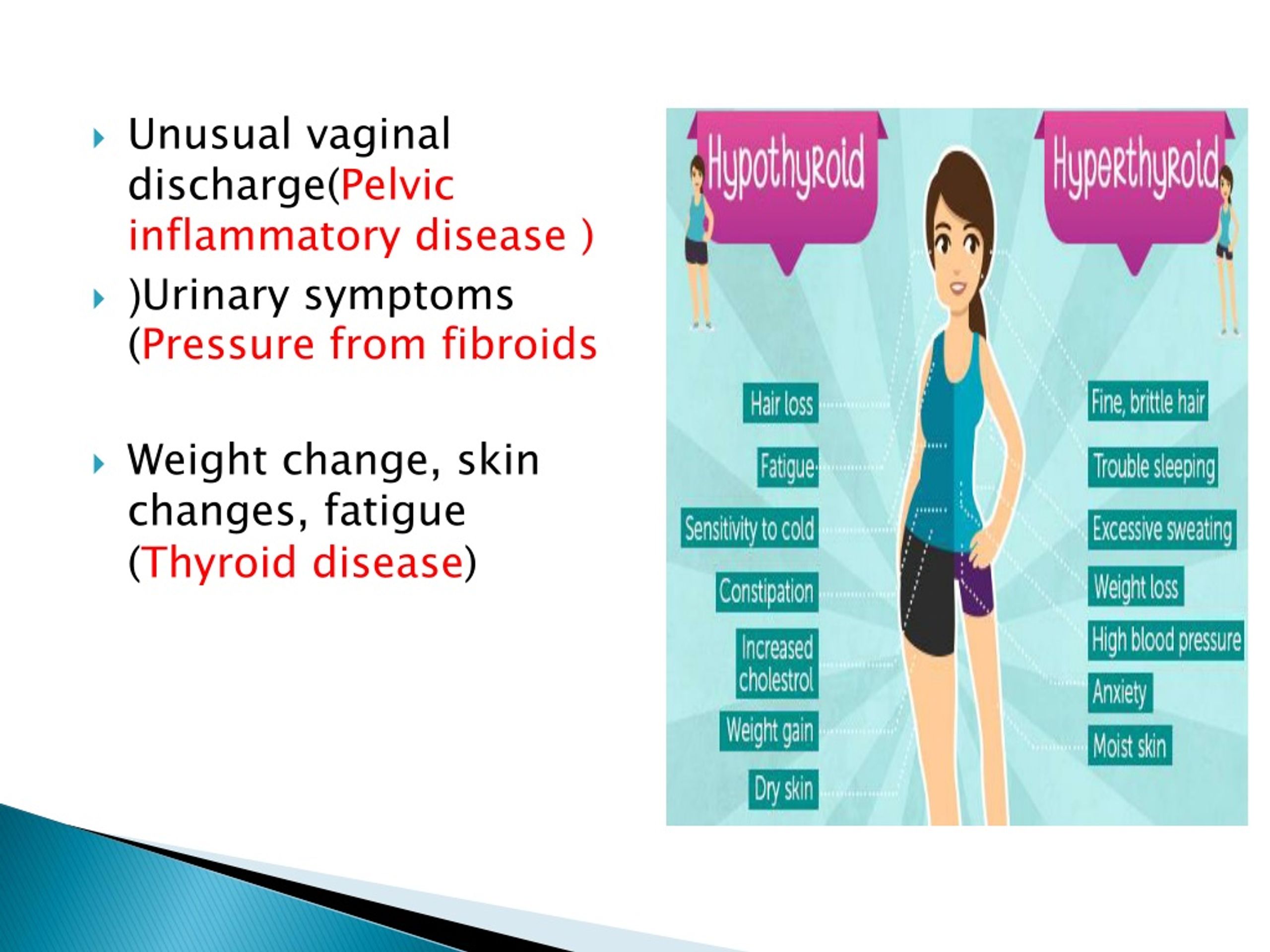 We avoid using tertiary references. You can learn more about how we ensure our content is accurate and current by reading our editorial policy.
We avoid using tertiary references. You can learn more about how we ensure our content is accurate and current by reading our editorial policy.
- Boyle J. (2016). Is spotting during pregnancy normal?
focus.sanfordhealth.org/pregnancy-parenting/pregnancy/is-spotting-during-pregnancy-normal - Mayo Clinic Staff. (2017). Getting Pregnant.
mayoclinic.org/healthy-lifestyle/getting-pregnant/in-depth/symptoms-of-pregnancy/art-20043853 - Mayo Clinic Staff. (2017). Pregnancy week by week.
mayoclinic.org/healthy-lifestyle/pregnancy-week-by-week/in-depth/pregnancy/art-20047208 - Pregnancy: Am I pregnant? (2014).
my.clevelandclinic.org/health/articles/9709-pregnancy-am-i-pregnant - Pregnancy: Having a healthy pregnancy. (2016).
my.clevelandclinic.org/health/articles/5186-pregnancy-having-a-healthy-pregnancy - Pregnant women and influenza (flu). (2017).
cdc.gov/flu/protect/vaccine/pregnant.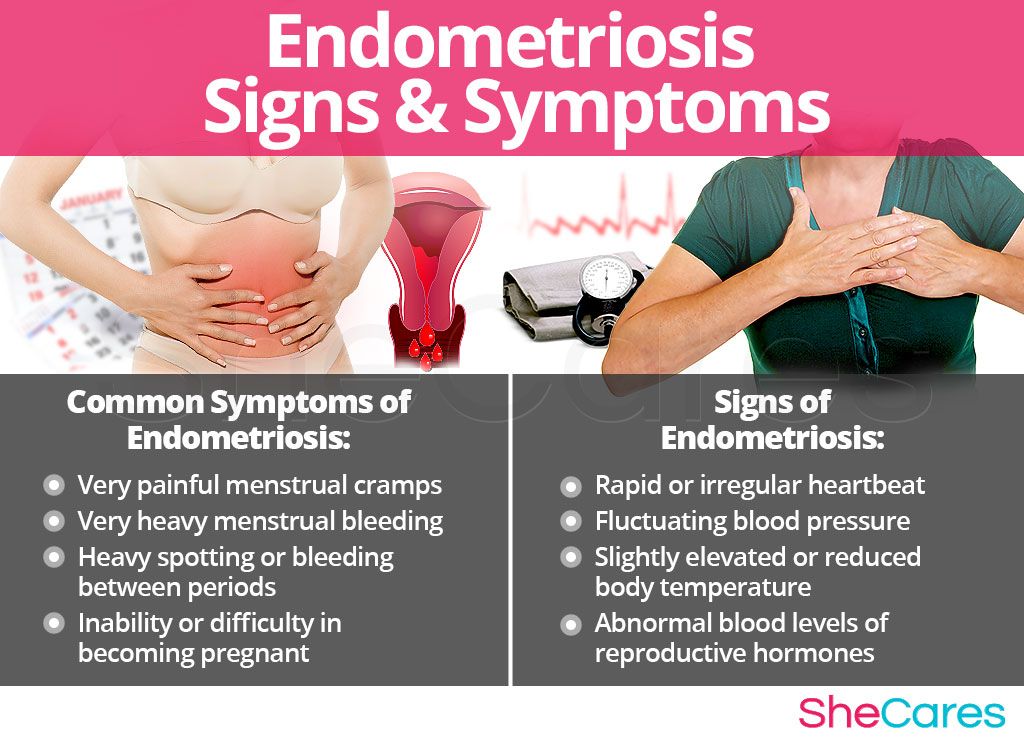 htm
htm - Vaginal discharge in pregnancy. (2015).
nhs.uk/conditions/pregnancy-and-baby/vaginal-discharge-pregnant
Our experts continually monitor the health and wellness space, and we update our articles when new information becomes available.
Current Version
Jan 4, 2018
Written By
Annamarya Scaccia
Edited By
Frank Crooks
Medically Reviewed By
Debra Rose Wilson, PhD, MSN, RN, IBCLC, AHN-BC, CHT
Share this article
Medically reviewed by Debra Rose Wilson, Ph.D., MSN, R.N., IBCLC, AHN-BC, CHT — By Annamarya Scaccia on January 3, 2018
related stories
4 Weeks Pregnant: Symptoms, Tips, and More
Early Pregnancy Symptoms
7 Weeks Pregnant: Symptoms, Tips, and More
Cramps but No Period: 7 Early Pregnancy Symptoms
6 Weeks Pregnant: Symptoms, Tips, and More
Read this next
4 Weeks Pregnant: Symptoms, Tips, and More
Medically reviewed by Debra Rose Wilson, Ph.
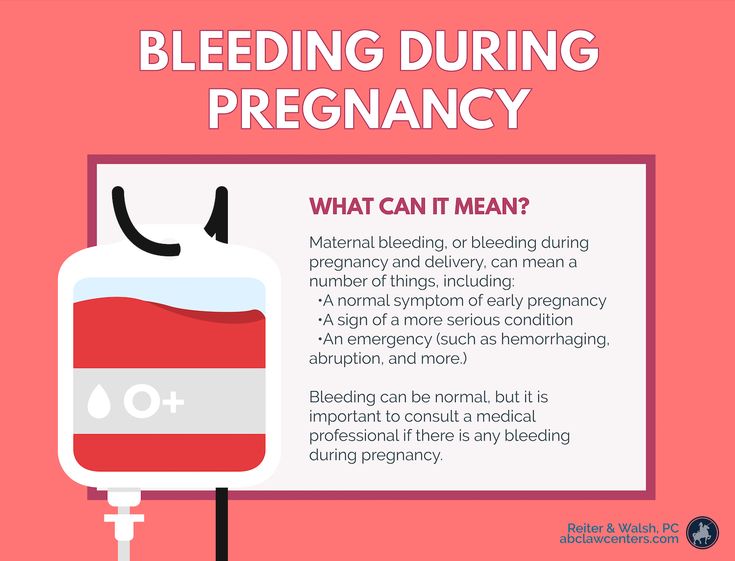 D., MSN, R.N., IBCLC, AHN-BC, CHT
D., MSN, R.N., IBCLC, AHN-BC, CHTAt week 4 of pregnancy, you may not have many symptoms yet and the ones do have may be confused with premenstrual syndrome. Learn more.
READ MORE
Early Pregnancy Symptoms
Medically reviewed by Valinda Riggins Nwadike, MD, MPH
What are the telltale early symptoms of pregnancy? Every person is different, but here are a few top signs.
READ MORE
7 Weeks Pregnant: Symptoms, Tips, and More
Medically reviewed by Valinda Riggins Nwadike, MD, MPH
When you’re 7 weeks pregnant, you may wonder what to expect next. Now that your baby is the size of a blueberry, find out what else you should know.
READ MORE
Cramps but No Period: 7 Early Pregnancy Symptoms
Medically reviewed by Kimberly Dishman, MSN, WHNP-BC, RNC-OB
If you're experiencing cramping but don't get your period, you might be pregnant.
 Here are seven common early pregnancy symptoms.
Here are seven common early pregnancy symptoms.READ MORE
6 Weeks Pregnant: Symptoms, Tips, and More
Medically reviewed by Tracy Stickler
Although you won’t look pregnant yet, your body is going through many changes by week 6. Symptoms include nausea, constipation, and more.
READ MORE
PMS Symptoms vs. Pregnancy Symptoms
Medically reviewed by Debra Rose Wilson, Ph.D., MSN, R.N., IBCLC, AHN-BC, CHT
It's definitely that time of the month, but for some reason, your period has yet to make its appearance. Are you pregnant, or is it merely late?
READ MORE
What Bodily Changes Can You Expect During Pregnancy?
Medically reviewed by Debra Rose Wilson, Ph.D., MSN, R.N., IBCLC, AHN-BC, CHT
The hormonal and physiologic changes during pregnancy are unique in the life of women.
 Discover what they are here.
Discover what they are here.READ MORE
Rheumatoid Arthritis and Pregnancy: What You Need to Know
Medically reviewed by Nancy Carteron, M.D., FACR
Learn about potential problems associated with rheumatoid arthritis and pregnancy, including triggers, preeclampsia, premature birth, and low birth…
READ MORE
Can You Get Your Period and Still Be Pregnant?
Medically reviewed by Debra Rose Wilson, Ph.D., MSN, R.N., IBCLC, AHN-BC, CHT
Many women claim to still get their period during early pregnancy, but is this possible? Here’s the truth.
READ MORE
5 Weeks Pregnant: Symptoms, Tips, and More
At 5 weeks pregnant, your baby is the size of a sesame seed. Here's what to know about being 5 weeks pregnant and what to expect.
READ MORE
Signs of pregnancy - Clinic Zdorovye 365 Yekaterinburg
Symptoms of pregnancy - what is it?
Symptoms of pregnancy or signs of pregnancy are, as a rule, a combination of certain physiological changes in the body that a woman notices in herself already in the early stages of pregnancy.
Sometimes one hears that it is wrong to say “pregnancy symptoms”, because if there are symptoms, then there is an illness, and pregnancy is not an illness. But if we dig into dictionaries, we find that the word “symptom” comes from the Greek sýmptoma, i.e. "sign", "case", "coincidence". Thus, "pregnancy symptoms" is just a synonym for the phrase "signs of pregnancy", which is absolutely correct. The symptoms of early pregnancy or the first symptoms of pregnancy are different from the symptoms that occur in the later stages. nine0005
Knowing the signs of pregnancy allows a woman in the early stages to show increased attention to her health, and, consequently, to the health of the unborn baby, a pregnant woman will be able to determine pregnancy in the earliest possible time and, accordingly, resolve the issue for herself in time about its prolongation (preservation, continuation).
Every woman is remarkably different, so the symptoms a woman may experience during pregnancy may vary.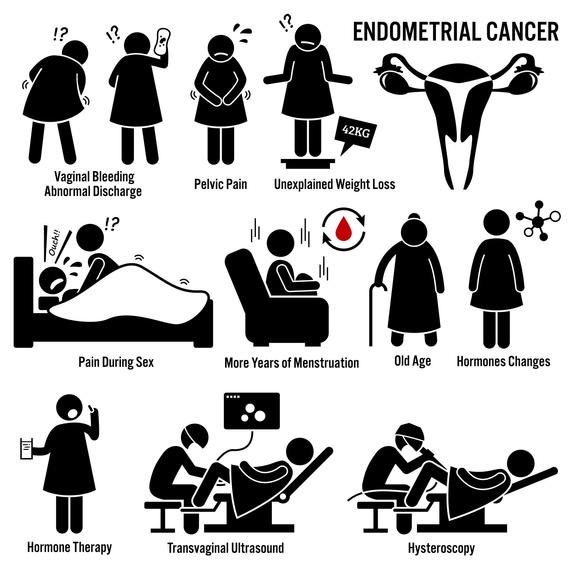 Some women feel pregnant even before the test is positive. Below are nine symptoms of pregnancy. nine0005
Some women feel pregnant even before the test is positive. Below are nine symptoms of pregnancy. nine0005
The first symptom of pregnancy is implantation bleeding.
This is one of the earliest symptoms. On the sixth - twelfth day after conception, the introduction (attachment, implantation) of the embryo into the wall of the uterus occurs. Some women notice a small amount of red discharge (spots), which may be pink or reddish brown. If you have pain along with spotting or bleeding, see your doctor immediately as this could be a sign of an ectopic pregnancy. nine0005
The second symptom of pregnancy, also the main one, is the delay in menstruation
This symptom must be present during a normal pregnancy. You should be aware that sometimes bleeding occurs during pregnancy. The main thing is not to confuse them with menstruation, especially on those days when you should have started your period, that is, at 4, 8, 12 weeks of pregnancy.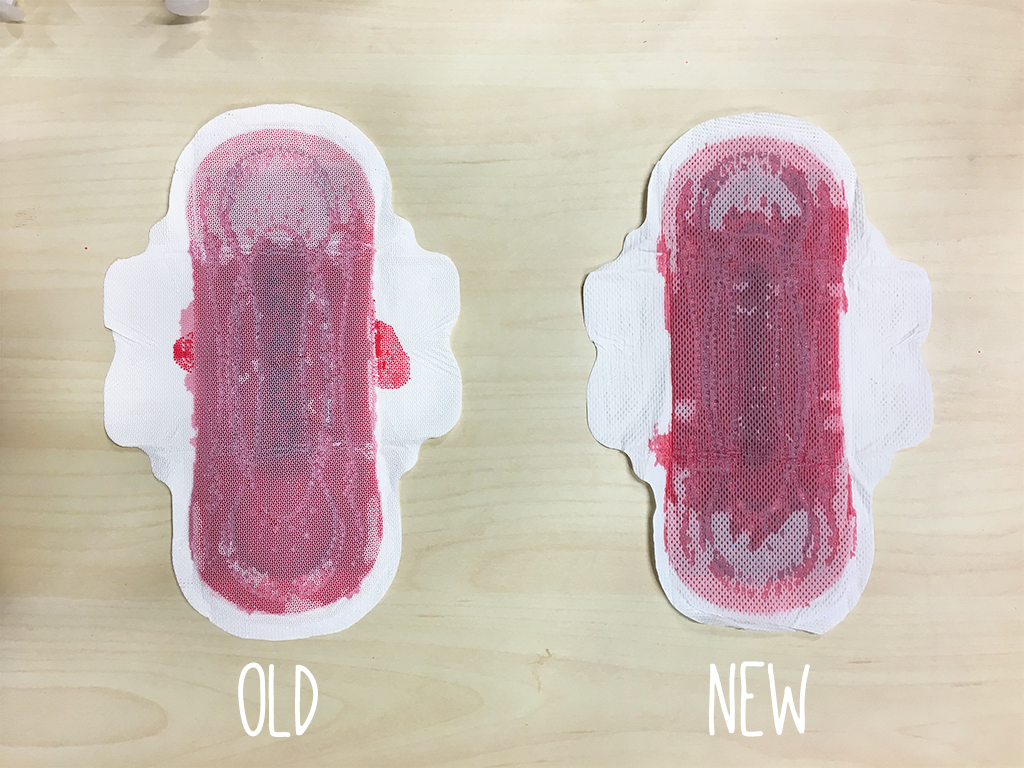 Bleeding during pregnancy is a sign of a threatened abortion. Therefore, if you notice this symptom in yourself, then immediately contact a specialized medical institution. With timely treatment, there is every chance to save the desired pregnancy. Menstruation does not occur throughout pregnancy and, as a rule, during breastfeeding. nine0005
Bleeding during pregnancy is a sign of a threatened abortion. Therefore, if you notice this symptom in yourself, then immediately contact a specialized medical institution. With timely treatment, there is every chance to save the desired pregnancy. Menstruation does not occur throughout pregnancy and, as a rule, during breastfeeding. nine0005
The third symptom of pregnancy is increased basal body temperature.
Basal temperature rises above 37 degrees during pregnancy. If you notice some symptoms of pregnancy in yourself or even confirmed it with a doctor and at the same time observe a decrease in basal temperature, consult a doctor. A decrease in basal temperature may be due to the threat of miscarriage. For the result to be reliable, measure the temperature correctly. It should be measured in the rectum, immediately after waking up, in the morning. nine0005
The fourth symptom of pregnancy is profuse discharge.
In this case, we mean non-bleeding. Women know that normal vaginal discharge is odorless and almost colorless. Their number increases during ovulation and, as you now know, during pregnancy. On 9/10, you are pregnant if you have a missed period, heavy discharge, and an elevated basal body temperature.
The fifth symptom of pregnancy is swelling and (or) increased sensitivity of the mammary glands.
Many women say that the sensitivity of the mammary glands changes. This symptom may appear 1 to 2 weeks after conception. Swelling and increased sensitivity of the breast may appear not only as a result of pregnancy. Other causes are: premenstrual syndrome (PMS), birth control pills, or hormonal imbalances. nine0005
The sixth symptom of pregnancy is toxicosis.
Nausea or vomiting in the morning usually does not occur early in pregnancy, but some women experience nausea as early as the third week. Many women believe that toxicosis is morning sickness and vomiting. But it is not so. In addition to nausea and vomiting, signs of toxicosis include a heightened sense of smell and aversion to certain foods. Many pregnant women cannot tolerate certain smells during early pregnancy. A heightened sense of smell is a side effect of a rapidly rising level of estrogen in your blood. Aversion to certain foods is even more common than cravings for certain foods during pregnancy. You may suddenly find that certain foods, even your favorites, disgust you. nine0005
Many women believe that toxicosis is morning sickness and vomiting. But it is not so. In addition to nausea and vomiting, signs of toxicosis include a heightened sense of smell and aversion to certain foods. Many pregnant women cannot tolerate certain smells during early pregnancy. A heightened sense of smell is a side effect of a rapidly rising level of estrogen in your blood. Aversion to certain foods is even more common than cravings for certain foods during pregnancy. You may suddenly find that certain foods, even your favorites, disgust you. nine0005
The feeling of fatigue, which will be discussed below, is also referred to by some obstetricians as manifestations of toxicosis. Toxicosis, most often, goes away on its own by 12-14 weeks of pregnancy.
The seventh symptom of pregnancy is feeling tired.
Fatigue can be as pronounced as if you had run a marathon. Fatigue is caused by increased levels of progesterone and other hormones necessary for the development of the child. nine0005
nine0005
The eighth symptom of pregnancy is frequent urination and constipation.
You may suddenly become aware that you are going to the bathroom with alarming frequency.
The ninth symptom of pregnancy is headache and migraine.
Usually headaches are caused by hormonal changes in the body. If headaches occur, you should not self-medicate, since most known painkillers are contraindicated during pregnancy, especially in the early stages. nine0005
Related articles:
Birth certificate
Exchange card. Sick leave. Decree
Federal Pregnancy Standard
Ultrasound during pregnancy
Below in the lower abdomen
menstrual pain
Signs of pregnancy
hysteroscopy
hysterosalpingography
9000 Uzi of small pelvis 9000 9000 9000 9000 9000 9000 9000 9000 9000005
Prolapse of internal organs
Premature birth
Removal of uterus
Intimate plastic surgery
Discharge during early pregnancy, 1st, 2nd, 3rd trimester
Content:
- Unknown causes
- Miscarriage
- Cervical irritation
- What are discharges
- Brown vaginal discharge during pregnancy
- Yellow vaginal discharge during pregnancy
- Pink vaginal discharge
- Green discharge
- White discharge or leucorrhoea
- Norm
- First trimester discharge
- Second trimester discharge
- Third trimester discharge
- Bloody discharge during pregnancy
- When should you see a doctor for discharge
- Q&A
The appearance of discharge from the vagina during the period of bearing a child by a representative of the beautiful half of humanity can be caused by the most different reasons. The so-called b ate - one of the first symptoms of pregnancy. Sometimes a representative of the beautiful half of humanity may notice a sharp change in the color of vaginal discharge. It is recommended that you contact your gynecologist if you notice a sudden change in the color of your vaginal discharge, or if you experience itching or any other discomfort along with the discharge. From the content of the article brought to your attention, you can learn about the main causes of vaginal discharge during pregnancy, as well as whether you need a consultation with a gynecologist to find out how to treat them. nine0005
The so-called b ate - one of the first symptoms of pregnancy. Sometimes a representative of the beautiful half of humanity may notice a sharp change in the color of vaginal discharge. It is recommended that you contact your gynecologist if you notice a sudden change in the color of your vaginal discharge, or if you experience itching or any other discomfort along with the discharge. From the content of the article brought to your attention, you can learn about the main causes of vaginal discharge during pregnancy, as well as whether you need a consultation with a gynecologist to find out how to treat them. nine0005
Causes of discharge
The causes of discharge can be traced back to several aspects, each of which is unique in its own way:
Unknown Causes
Sometimes there is no specific reason why you may have bleeding during pregnancy. For example, given the large number of capillaries near the surface of the uterus and cervix, any slight change, whether physical or hormonal, can easily lead to bleeding.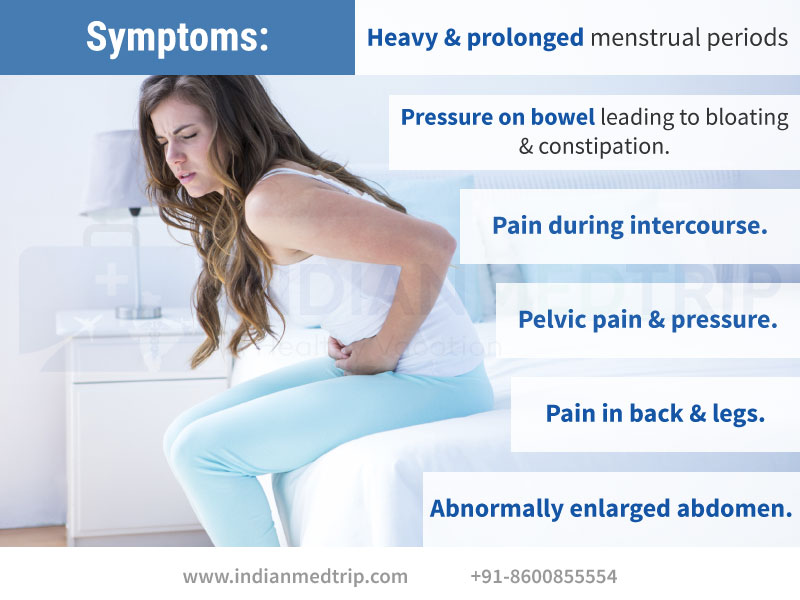 nine0005
nine0005
The group of "unknown causes" of discharge during pregnancy includes:
- Increase and decrease in hormone levels;
- Any change in the relationship between uterus and placenta;
- Physical activity, including sexual intercourse and medical examinations;
- Any abnormality in the womb.
Miscarriage
A miscarriage is one of the most difficult situations. However, knowing that this is happening can help save you and, in fact, helps prevent the same thing from happening again. nine0153
Cervical irritation
Cervical irritation. When a representative of the beautiful half of humanity becomes pregnant, the female reproductive system is very strongly branched by blood capillaries. This includes in particular the uterus, cervix.
What are the discharges
Vaginal discharge during pregnancy can vary greatly in color and consistency. Consider the main types of vaginal discharge during pregnancy. nine0005
nine0005
Brown vaginal discharge during pregnancy
During pregnancy, the level of estrogen in the body of the beautiful half of mankind increases significantly and blood flow to the vagina increases. This can cause some women to develop brown vaginal discharge during pregnancy. The texture of the discharge may be similar to mucus. The discharge may or may not have an unpleasant odor. To combat such secretions, the use of daily pads helps. nine0005
The following are different types of brown discharge depending on the color of the vaginal discharge:
- Light brown - This vaginal discharge is caused by bleeding or an STD.
- Pinkish brown - this vaginal discharge is caused by cervical irritation, ectopic pregnancy or miscarriage.
- Dark brown - early miscarriage or ectopic pregnancy.
- Thick, brownish - Yeast infection
- Blackish brown - miscarriage, infections of the vagina, uterus or cervix.
- Watery, brown - blistering.
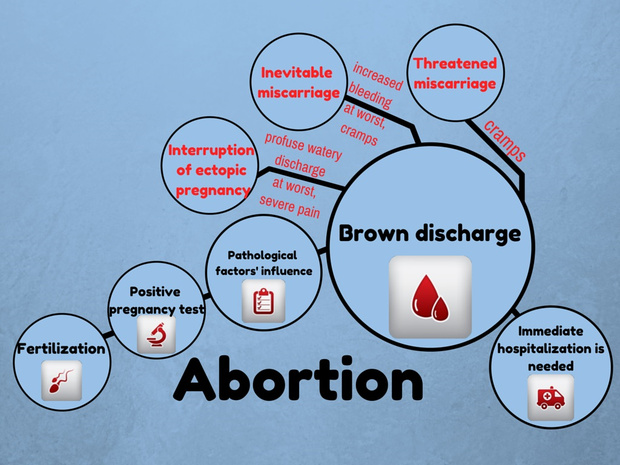
- Tan - Yeast or bacterial infections
Brownish discharge occurs during implantation from the 6th day of ovulation until the first few weeks of pregnancy. Sometimes in early pregnancy, the uterus regurgitates old blood, which causes a spotting or brownish discharge. Increased sensitivity of the cervix and vagina can also cause slight bleeding or brownish discharge at various stages of pregnancy. Vaginal bleeding in early pregnancy is very common and occurs in 25% of pregnancies. nine0005
Yellow vaginal discharge during pregnancy
Thin and light yellow vaginal discharge with a slight odor is considered normal during pregnancy. But if it is dark yellow in color and emit an unpleasant odor, then serious problems can arise. So why do pregnant women often have yellow discharge? What are the causes of yellow discharge during pregnancy? And how will you prevent and treat it? Here's everything you need to know.
There are several reasons that can cause yellow discharge. This is:
This is:
- Increased estrogen levels. The most common and natural cause of yellow discharge during pregnancy is an increase in estrogen levels. The amount of vaginal discharge depends on the level of estrogen, and peaks in estrogen during pregnancy are normal.
- Yeast infection. Rapid hormonal changes, such as increased levels of estrogen and glycogen during pregnancy, lead to an imbalance in vaginal pH. This imbalance, in turn, causes the yeast fungus Candida albicans to develop in the vagina. nine0193
- Sexually transmitted diseases (STDs). Chlamydia, trichomoniasis, and gonorrhea are sexually transmitted diseases, or STDs, that can cause abnormal discharge. STDs are dangerous not only for you, but also for your growing child. They can cause pregnancy complications such as preterm labor, premature rupture of membranes, low birth weight, etc.
Pink vaginal discharge
Pink discharge or light pink spotting during pregnancy is often nothing more than benign vaginal discharge combined with blood and can be caused by a number of reasons.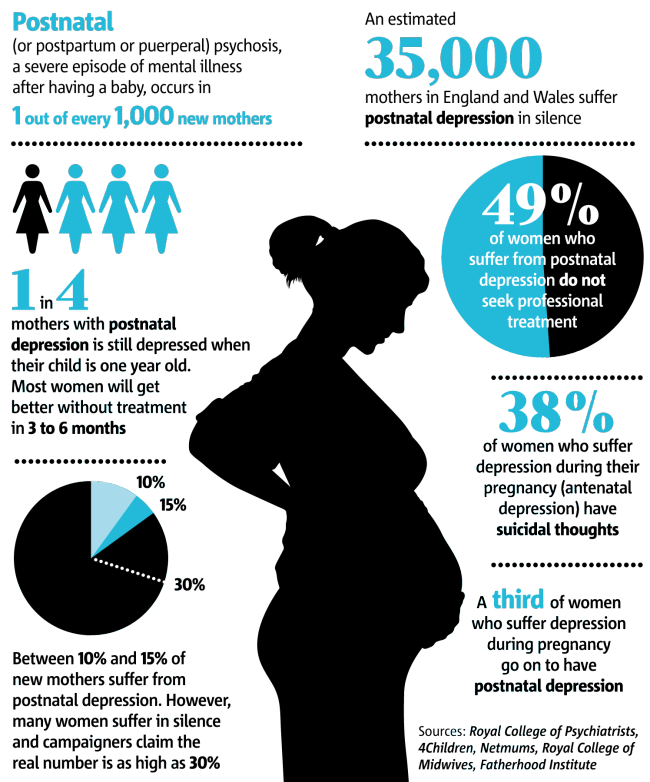 It's also very common, with up to 1 in 4 women experiencing some sort of vaginal bleeding during pregnancy. nine0005
It's also very common, with up to 1 in 4 women experiencing some sort of vaginal bleeding during pregnancy. nine0005
Such discharge in early pregnancy may appear light or a darker shade of pink as it is a mixture of clear vaginal fluid and a small amount of blood. If your pink vaginal discharge is directly related to implantation bleeding, it may be slightly brownish.
Pink discharge in early pregnancy may be due to implantation bleeding, which occurs about six to twelve days after conception. This type of bleeding is not unusual and is thought to occur when a fertilized egg attaches itself to the lining of the uterus. nine0005
A fertilized egg must embed into the mucosa in order to implant, and the result may be a spectrum of discharge or spots, from light pink to red and brown. Implantation bleeding usually occurs when a woman is expecting her period, but it will definitely be easier than menstrual bleeding. Some women do not experience implantation bleeding at all, while others may not notice it in themselves.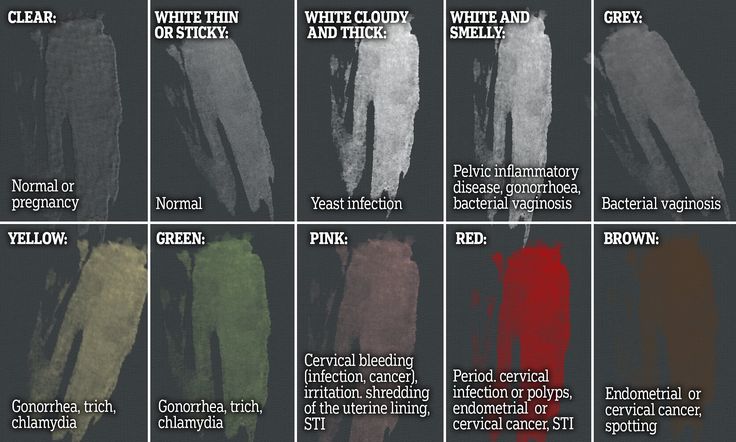 nine0005
nine0005
Green discharge
Green discharge during pregnancy indicates a sexually transmitted disease called trichomoniasis. As a rule, these secretions have a rather pungent odor and require immediate treatment. This STD is a sexually transmitted parasite and is especially dangerous for pregnant women. It thrives in the vagina and increases the chances of having a low birth weight baby or preterm birth.
If you notice green mucus during pregnancy, contact your doctor. Do not try to treat the infection yourself with creams, medicines, or anything else. Always check with your doctor before taking any medications as they may affect your health and your child's development. nine0005
Keep in mind that even if the discharge is not accompanied by other symptoms, including burning, itching and irritation of the genitals, this does not mean that a pregnant woman can remain relatively safe. Such discharge is caused by STDs that lead to stillbirth or contribute to birth defects in the baby.
Slightly greenish discharge is a sign of pregnancy complications and urinary tract infections that all pregnant women are susceptible to. nine0004 It is important to remember that the longer urine remains in a pregnant woman's body, the more likely it is that harmful bacteria will multiply. Such discharge can be accompanied by a repulsive odor, inflammation of the vulva, and various hormonal changes.
White discharge or leucorrhoea
Increased blood circulation in the pelvic area during pregnancy and increased hormone production during pregnancy cause a white discharge known as leucorrhoea to form in the vagina. This is normal and nothing to worry about if white discharge during pregnancy has a somewhat milky appearance and smell.
Even a whitish slimy mucus that has the consistency of egg white is usually perfectly normal. These types of discharge in early pregnancy may continue throughout the pregnancy and may also increase as the pregnancy progresses; everything is perfectly normal.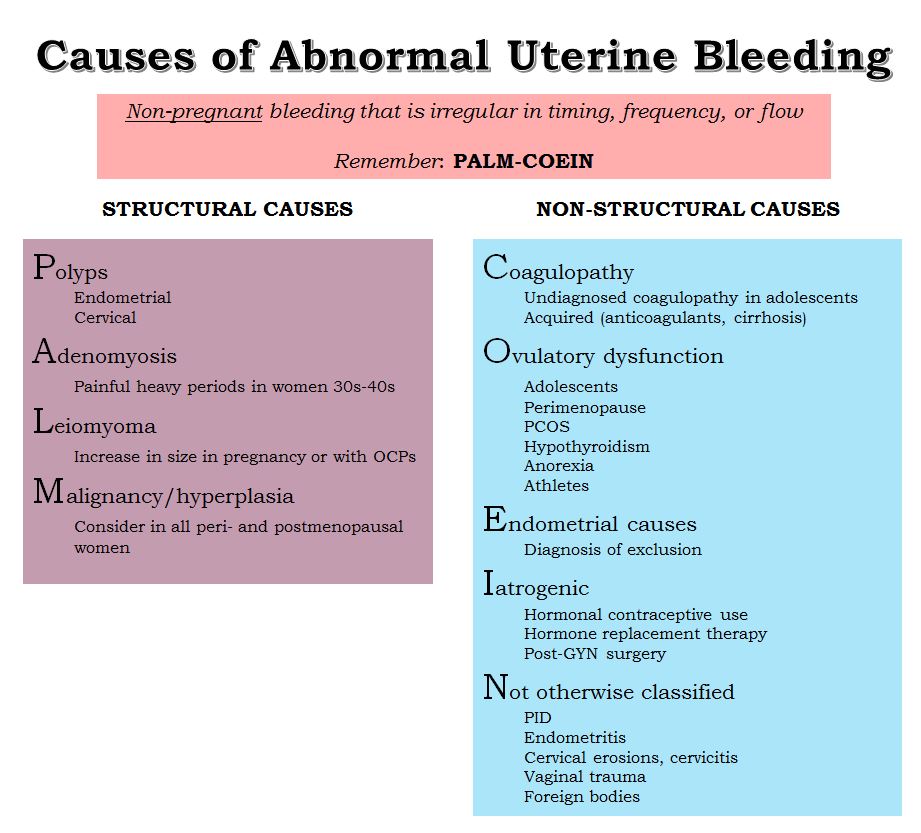
Normal
As a general rule, throughout pregnancy, liquid milky discharge from the vagina is normal every day - enough for you to notice it in your underwear. That is, there are discharge during pregnancy norm . This discharge is called "leukorrhea" and is the body's normal response to changes in hormone levels (more estrogen in this case) during pregnancy. This type of normal discharge can be clear to white, runny to milky or slimy in consistency, and either have little to no odor or very little odor. The amount of discharge can vary, but it is almost always present throughout pregnancy. Toward the end of your pregnancy, you may notice an increase or change in discharge. nine0005
First trimester discharge
Brown early pregnancy discharge is usually a sign of implantation bleeding. It occurs when a fertilized egg attaches itself to the walls of the uterus, causing the lining of the uterus to shed. If you notice brown discharge later in the first trimester, it probably means your body is getting rid of old blood that is no longer needed. In some cases, brown discharge may also indicate an ectopic or molar pregnancy, which should be removed as soon as possible. nine0005
In some cases, brown discharge may also indicate an ectopic or molar pregnancy, which should be removed as soon as possible. nine0005
Yellow discharge during pregnancy in the 1st trimester may mean that you are suffering from an infection. Some of the conditions that can cause your body to produce yellow discharge include:
- Bacterial vaginosis;
- Trichomoniasis;
- Candidiasis;
- Polyps of the cervix;
- Chlamydia.
If discharge in the first trimester of pregnancy is caused by an infection, it usually emits a very strong and very unpleasant odor. Most of these infections are treatable. If left unchecked, they can lead to miscarriage. nine0005
Light pink discharge in pregnant women in the first trimester may not be directly related to pregnancy. Usually these are symptoms of the following types of diseases:
- Various kinds of vaginal infections.
- Inflamed cervix.
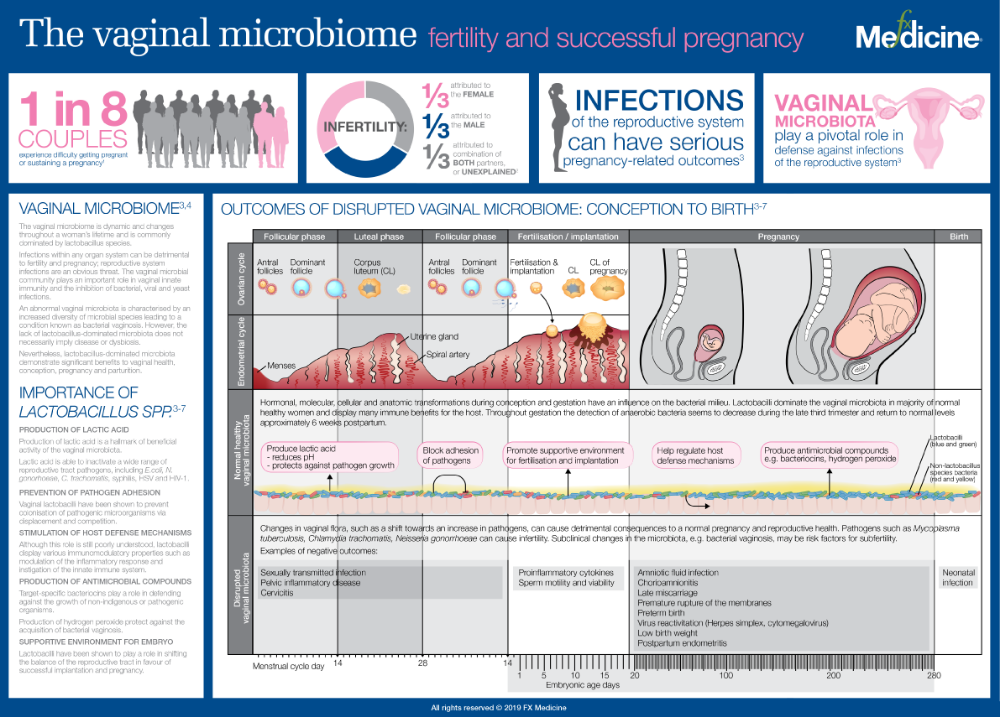
- Any venereal disease.
If the discharge is dark pink or reddish, it may be much more serious and may also be a sign of a miscarriage.
Second trimester discharge
2nd trimester discharge usually resembles egg white as it is liquid in consistency, clear and white in color. They should either be odorless or have a slight odor. These discharges are very similar to pre-pregnancy discharges, but they are much heavier and occur much more frequently. the increase is mainly caused by two factors: the first reason is an increase in blood flow to the vaginal area, and the second is an increase in the level of the hormone estrogen in the body of a pregnant woman. As the pregnancy gradually progresses into the second trimester, most women notice an increase in vaginal discharge. nine0005
Second trimester discharge can even be unpleasant to the point that you have to change your underwear or wear panty liners quite often to deal with it (in the third trimester, the discharge may change in appearance and increase even more) . However, despite the fact that an increase in the amount of discharge in the second trimester of pregnancy is absolutely normal, it is important to monitor it. Any of these signs mentioned below could indicate the presence of a yeast infection, which is very common in pregnant women. tell your doctor immediately if you notice any changes in your discharge. nine0005
However, despite the fact that an increase in the amount of discharge in the second trimester of pregnancy is absolutely normal, it is important to monitor it. Any of these signs mentioned below could indicate the presence of a yeast infection, which is very common in pregnant women. tell your doctor immediately if you notice any changes in your discharge. nine0005
Third trimester discharge
White vaginal discharge or milky discharge during the third trimester is common and nothing to worry about. Since a number of changes occur in your body during pregnancy, it is normal for white discharge to appear in the third trimester of pregnancy. But you should consult your doctor if the discharge has an unusual color, texture or smell. Shortly before delivery, you may also notice thick white discharge with blood in the third trimester. This is a sign that you may be going into labor. nine0005
Abnormal discharge is yellowish or greenish in color and may or may not be accompanied by a foul odor.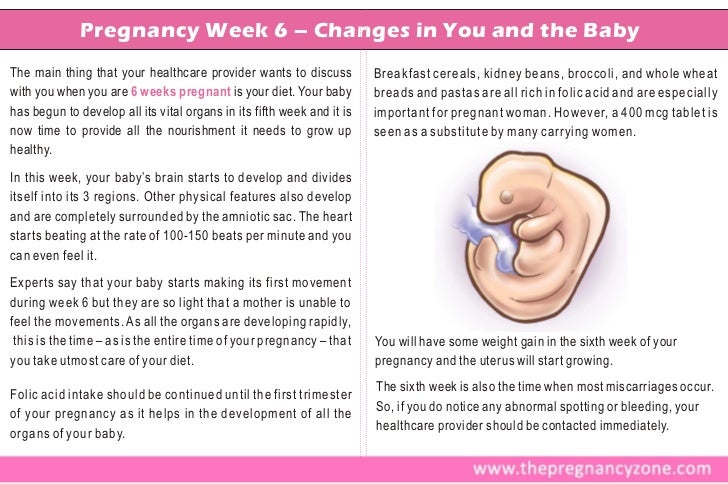 In such a situation, you should immediately consult a doctor. It can be caused by various reasons and should be treated before it affects the baby.
In such a situation, you should immediately consult a doctor. It can be caused by various reasons and should be treated before it affects the baby.
Spotting during pregnancy
Light spotting or bleeding is common during pregnancy . This usually happens in the early stages (1st trimester). Although spotting or vaginal bleeding is normal, you should always contact your gynecologist in this case. It is recommended to undergo some tests and ultrasound to make sure that everything is fine with the baby and to rule out any complications. nine0005
The answer to the question of what is bleeding and spotting during pregnancy lies in the color and amount of blood . If the blood spot is somewhat brown, like what you see at the end of your period, it's spotting, and if it's red, it's bleeding. The amount of blood is also a distinguishing feature: spotting does not soak the sanitary napkin, unlike bleeding
Bleeding usually occurs at the earliest stage of pregnancy.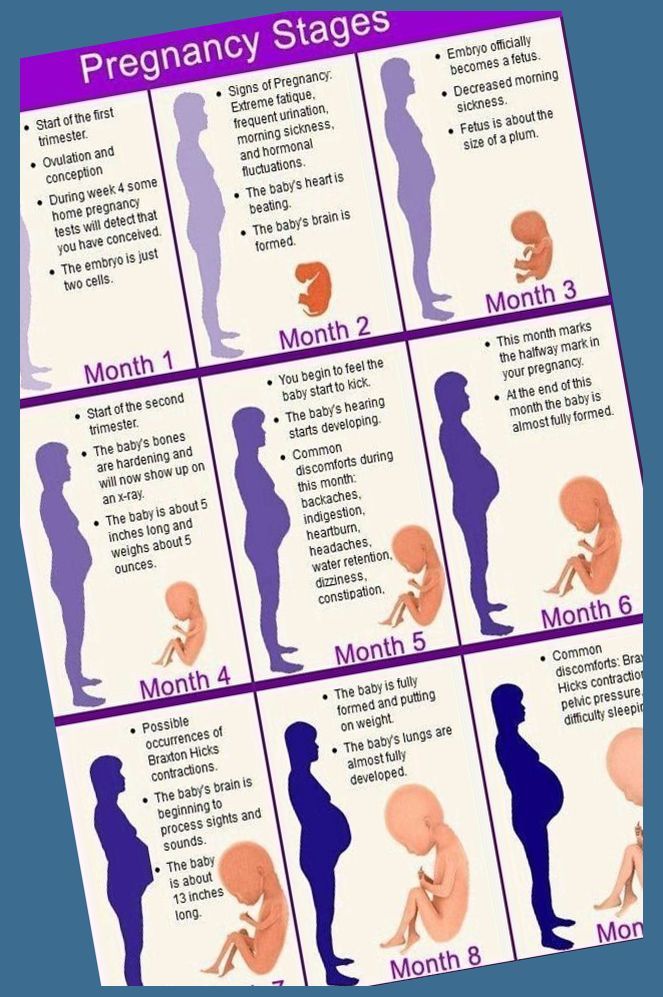 nine0004 The introduction of the embryo into the wall of the uterus causes bloody discharge. It usually happens just before (or around the same time as) your period, or about 6 to 12 days after your pregnancy. Spotting is lighter (light pink to brown) than menstruation and lasts for several days.
nine0004 The introduction of the embryo into the wall of the uterus causes bloody discharge. It usually happens just before (or around the same time as) your period, or about 6 to 12 days after your pregnancy. Spotting is lighter (light pink to brown) than menstruation and lasts for several days.
When should you see a doctor?
Vaginal discharge can be a sign of a serious health problem when it is greenish, yellow, smelly or causes some pain. nine0004 Some common health problems that can cause discharge during pregnancy include:
Yeast infections due to an overgrowth of fungal cells that can cause symptoms such as white discharge (similar to cottage cheese), severe itching and redness in the female genital area. This type of infection is very common during pregnancy, and although it does not affect the development of the baby in the uterus, it does require treatment to reduce discomfort and prevent the baby from coming into contact with the fungus during delivery. nine0005
nine0005
What to do : You will need to see a gynecologist for an evaluation immediately if you suspect you have thrush. Treatment usually involves the use of creams or antifungal tablets such as miconazole or terconazole. You can also use various home remedies, such as natural yogurt, to relieve symptoms and speed up the healing process.
Bacterial vaginosis . A type of infection that is quite common even during pregnancy, as changes in estrogen levels promote the growth of fungi and bacteria. This type of discharge is slightly gray or yellow in color and has a strong rotten fish odor. nine0005
Q&A
№
At the beginning of the menstrual cycle, vaginal discharge may be dry and sticky. Shortly thereafter, it becomes creamy and whitish, and just before ovulation becomes elastic, moist and transparent.
№ 2. What should be the volume of discharge ?
Many women notice that their vaginal discharge increases during the first phase of their menstrual cycle.